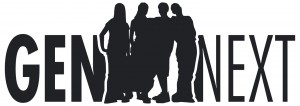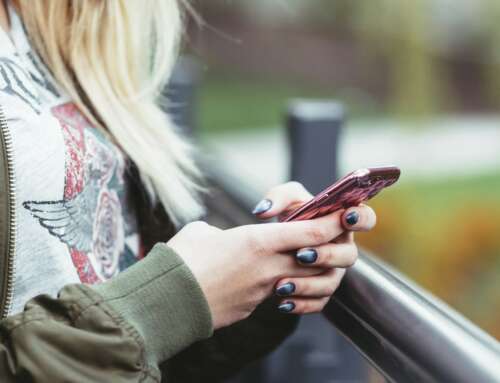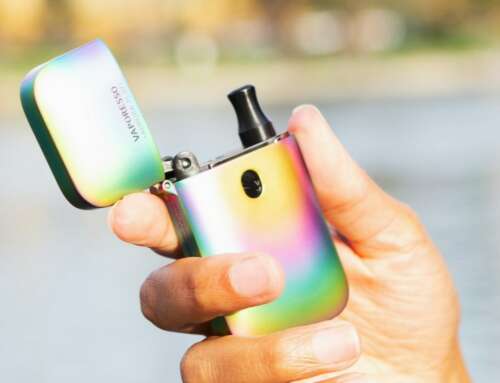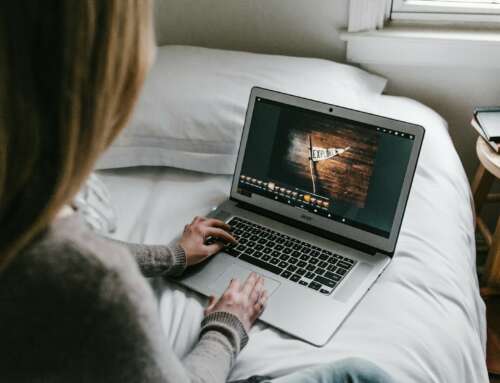
Almost a million Australian children are being given unfettered access to the Internet, new research released today reveals.
The revelations come from Generation Next, a national parenting seminar organisation being supported by anti-depression initiative, beyondblue, and Australian Government-backed youth mental health foundation, Headspace.
Their research finds 22 percent of parents of children aged 4-18 admit they have no control over their children’s online activities.
While experts say this is like hanging a ‘Pedophiles Welcome’ sign on the front-door of the family home, only a third of Australian parents say they regard online child stalkers as a credible risk.
Although most parents (78 percent) claim to control their children’s computer use, only one-in-three has Internet filtering in place and 760,000 teenagers are allowed to have computers in their bedrooms. Just four-in-ten parents are restricting Internet use to shared family areas with 42 percent saying they never check the history of websites their kids have been visiting.
Generation Next founder and GP, Dr Ramesh Manocha, says the cybersafety findings are a massive wake-up call and many parents are oblivious to the risks to which they are exposing their kids.
“They may as well put out the welcome mat for pedophiles,” Dr Manocha said.
“There are a whole host of protective behaviours that parents can put in place to avoid children being exposed to pornography or other inappropriate images, and to minimise the potential of their children being stalked and bullied online, but clearly too many mums and dads are unaware of them.”
Generation Next’s cybersafety expert Susan McLean will discuss the research at the first of a series of capital city seminars at University of NSW’s Clancy Auditorium in Kensington from 6-10pm on Saturday May 23.
The organisation surveyed Australian parents to evaluate their awareness and attitudes on key child safety issues only last month.
Ms McLean – a former police officer who has undertaken specialised training in both the USA and UK – said it was worrying that so few parents are ensuring family Internet access only occurs in shared areas.
“It’s vital that Net use happens only in areas where mum and dad can keep an eye on what’s going on,” said Ms McLean. “It’s OK to trust your kids but you have to define the rules because in Cyberspace, criminals don’t recognise boundaries.”
Ms McLean said the Generation Next seminars would give parents and people working with children and adolescents the practical skills to help them across a range of areas.
“Some of the other cybersafety strategies we promote in our seminars are maintaining an over-the-shoulder watch of surfing, using filters and in-built computer controls and striking a formal written contract between parent and child.
“It’s one thing to allow kids to use the Internet as a valuable research tool, it’s another to expose them to danger without putting in place some controls.”
Tickets for all Generation Next seminars are $45 and available through Ticketek on 132-849 or online at http://www.gennextseminars.com Speakers include child psychologist Dr Michael Carr-Gregg, GP Dr Sally Cockburn, Kids free 2 B Kids anti-sexualisation campaigner Julie Gale, drugs and alcohol expert Paul Dillon, Susan McLean and Dr Manocha.
Generation Next gives families (and people working with youngsters) affordable access to internationally-renowned experts in town hall settings with question and answer sessions accompanying presentations. Generation Next is run by Healthed Pty Ltd, a Sydney company working in event management and health-related educational meetings since 2002. A proportion of any profits will be directed to child and adolescent health research and the series is being rolled out with a view to it being self-sustaining and ongoing. The Generation Next Parental Research Study was an online panel survey of 257 Australian parents representing 517 children conducted nationally by independent researchers StollzNow Research in March 2009.







Leave A Comment